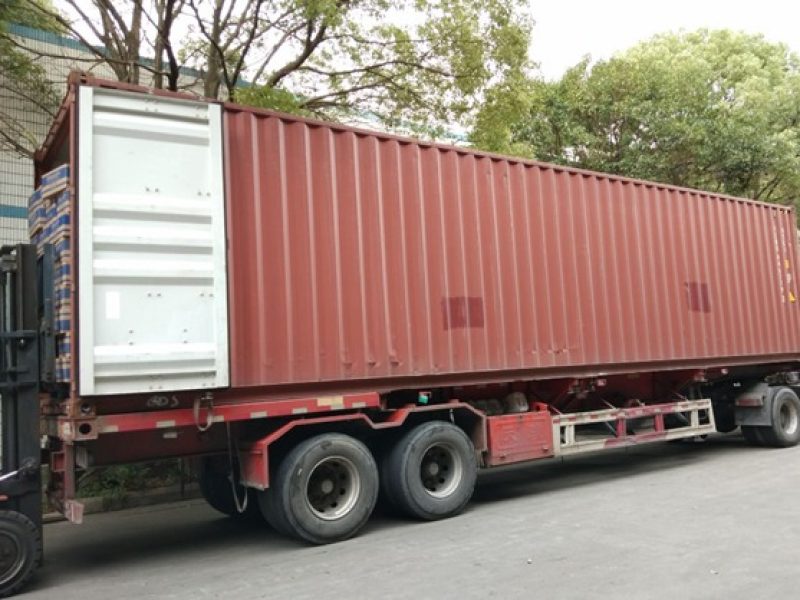Private label toilet paper represents an untapped branding opportunity that transforms an everyday commodity into a powerful marketing tool, offering businesses a chance to differentiate themselves in a market where creating emotional connections with customers is crucial for standing out from competitors. While the toilet paper industry generates over $20 billion globally and is dominated by established brands, the rise of customized and private label options provides entrepreneurs and businesses with a unique pathway to build brand recognition and customer loyalty through an essential product that guarantees consistent demand.
Tailor Your Toilet Paper Brand to Fit Your Needs
With over 30 years of experience in toilet paper manufacturing, Top Source Hygiene offers customized solutions, ensuring quality and sustainability for your brand. Whether you're in hospitality, retail, or other sectors, we provide a range of options to suit your market requirements.
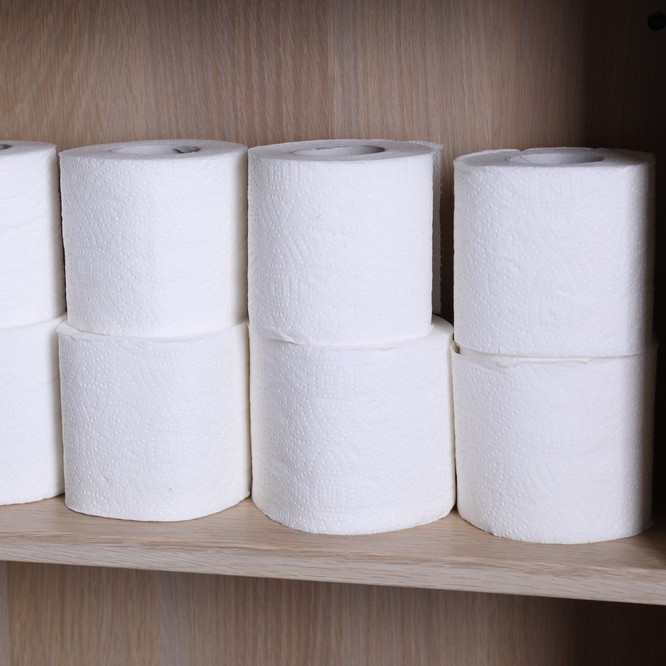
Why Your Business Needs Custom-Branded Toilet Paper
The seemingly mundane world of hygiene products presents extraordinary branding opportunities that most businesses overlook, particularly in a marketplace where consumers increasingly gravitate toward eco-friendly products and companies that demonstrate clear values. Manufacturing partners like Royal Paper have built decades-long relationships with clients precisely because private label tissue products offer “sustainable growth in an everchanging marketplace,” enabling businesses to create custom-designed products with virgin, recycled, and alternative fiber options that align with modern consumer preferences. This strategic approach transforms routine restroom visits into brand touchpoints, where your company’s commitment to quality and sustainability becomes a daily reminder to customers and employees alike.
This comprehensive guide reveals how partnering with experienced manufacturers who understand “paper science and formulation expertise” can help you navigate everything from competitive benchmarking to packaging design support, ultimately creating a private label product that strengthens brand loyalty while meeting practical needs. The key insight driving successful private label ventures is recognizing that moving beyond generic supplies represents a calculated investment in brand differentiation—one that leverages an essential product category to build lasting customer relationships through consistent quality and thoughtful customization options.
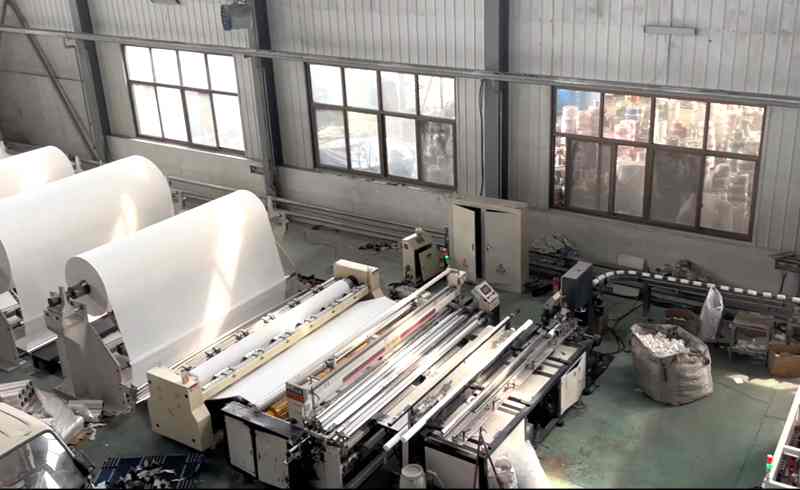
The Core Benefits of Using Custom Toilet Paper for Branding
Custom-branded toilet paper delivers measurable business advantages that extend far beyond the restroom, creating strategic touchpoints that reinforce brand messaging and demonstrate attention to detail. The most successful branding strategies recognize that every customer interaction matters, and this often-overlooked product category provides unique opportunities to strengthen brand identity.
The primary benefits of implementing custom toilet paper branding include:
- Enhanced Brand Cohesion: Every branded element in your facility works together to create a unified brand experience, with custom toilet paper serving as an unexpected detail that signals thoroughness and professionalism
- Memorable Differentiation: While competitors use generic products, your branded approach creates a distinctive impression that customers remember long after their visit, establishing a competitive edge through unexpected brand touchpoints
- Elevated Perceived Value: High-quality custom products communicate that your business invests in excellence across all aspects of operations, subtly influencing how customers perceive your overall brand quality and attention to detail
- Increased Customer Loyalty: Consistent brand reinforcement through every interaction, including utilitarian moments, builds stronger emotional connections and brand recall that translate into repeat business and referrals
- Professional Image Enhancement: Custom branding demonstrates that your company considers every detail important, projecting competence and reliability that particularly resonates with B2B clients and quality-conscious consumers
These strategic advantages compound over time, transforming routine facility usage into powerful brand-building opportunities that competitors using generic products simply cannot match.
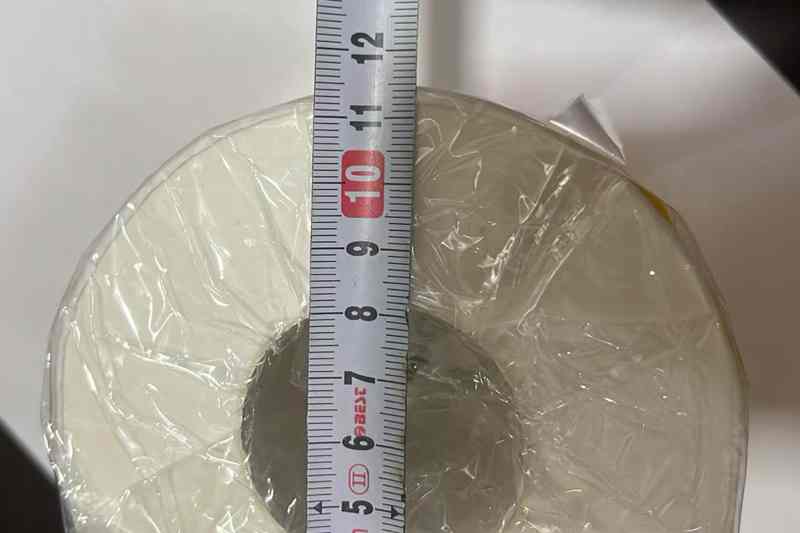
How Can Private Label Toilet Paper Help My Business?
Private label toilet paper delivers distinct competitive advantages across multiple business sectors, with each industry leveraging customization opportunities to achieve specific strategic objectives and enhance their market position.
| Industry Sector | Primary Applications | Key Benefits |
|---|---|---|
| Hospitality | Luxury branding, guest experience enhancement, seasonal customization | Premium positioning, memorable guest touchpoints, differentiated service quality |
| Retail | Exclusive product lines, eco-friendly alternatives, margin optimization | Higher profit margins, customer loyalty, sustainable product offerings |
| Corporate | Client impression management, employee engagement, promotional campaigns | Professional image reinforcement, brand consistency, networking tool |
Hospitality Sector Applications
Hotels and restaurants use premium private label hygiene products to create distinctive guest experiences that justify premium pricing and encourage repeat visits. Luxury establishments incorporate custom embossing, seasonal prints, and branded scents that align with their positioning. Royal Paper’s collaborative approach helps “craft and create the right programs” with display-ready packaging that maintains visual consistency.
Retail and Corporate Opportunities
Retailers gain significant margin advantages through exclusive lines featuring sustainable materials like bamboo or recycled content, meeting environmental demand while avoiding price competition with national brands. Corporate environments use branded hygiene products as promotional tools that reinforce company culture during meetings and interactions, with manufacturers providing trend reviews and competitive benchmarking. These applications transform facility management into strategic brand-building opportunities that enhance customer perception and operational differentiation.
Tailor Your Toilet Paper Brand to Fit Your Needs
With over 30 years of experience in toilet paper manufacturing, Top Source Hygiene offers customized solutions, ensuring quality and sustainability for your brand. Whether you're in hospitality, retail, or other sectors, we provide a range of options to suit your market requirements.

Where to Find Private Label Toilet Paper Manufacturers:
Selecting the right private label toilet paper manufacturer requires a systematic approach that evaluates multiple critical factors to ensure your investment delivers the desired brand impact and operational efficiency. The following checklist provides a comprehensive framework for identifying and partnering with manufacturers who can transform your vision into reality.
Step 1: Identify the Best Custom Tissue Manufacturers for Your Needs
When searching for reliable manufacturers, prioritize suppliers with extensive OEM and ODM experience who understand the complexities of custom production.
Industry leaders like Top Source Hygiene, with 30 years of manufacturing experience and over 18 years of export expertise, demonstrate the deep knowledge required for successful private label partnerships.
Essential qualifications to verify include:
- Comprehensive certification standards: Ensure manufacturers hold ISO, FSC, CE, and FDA certifications that guarantee product safety and quality compliance
- Proven track record: Review past client cases, cooperation brands, and market feedback to assess manufacturer reliability and customer satisfaction
- In-house quality control systems: Verify that manufacturers maintain rigorous quality control procedures throughout the production process to ensure consistent product standards
- Extensive production capabilities: Look for suppliers offering complete services from raw material procurement through final packaging and logistics
Step 2: Evaluate Their Customization and Packaging Capabilities
Manufacturing partners must offer flexible customization options that align with your specific brand requirements and market positioning.
Key capabilities to assess include:
- Product specification flexibility: Confirm manufacturers can accommodate custom roll sizes, ply counts (2-ply to 4-ply), weight specifications, and material options including virgin wood pulp, recycled paper pulp, or bamboo alternatives
- Advanced branding options: Evaluate custom packaging design capabilities, brand logo integration, and unique embossing patterns that create distinctive product differentiation
- Packaging variety: Ensure suppliers offer multiple packaging options including individual wrapping, plastic sealing, and custom carton designs that support your retail or distribution strategy
- Sustainable material alternatives: For eco-conscious brands, verify access to bamboo pulp, recycled content, and other environmentally responsible material options
Step 3: Assess the Partnership and Supply Chain Logistics
Successful private label relationships depend on manufacturers who can scale with your business while maintaining consistent quality and delivery standards.
Critical evaluation areas include:
- Scalable production solutions: Seek manufacturers offering flexible minimum order quantities and modular production scheduling that accommodate both small trial orders and large-scale production runs
- Supply chain reliability: Discuss comprehensive logistics capabilities, including display-ready pallets, export documentation, and timely delivery systems that support your distribution requirements
- Customer service excellence: Review manufacturer communication processes, technical support availability, and responsiveness to ensure smooth ongoing collaboration
- Trial order support: Partner with manufacturers who support small trial orders to reduce purchasing risks and allow product testing before committing to larger volumes
The most successful private label partnerships emerge when manufacturers demonstrate both technical expertise and genuine commitment to client success, creating lasting relationships that support brand growth and market expansion.
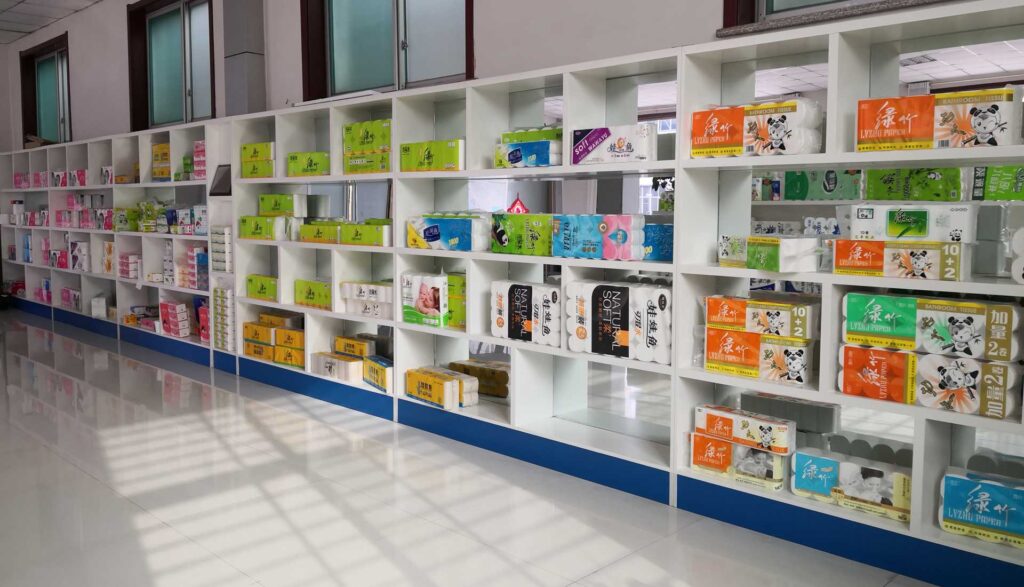
Conclusion:
Successful private label rollouts follow structured timelines balancing planning with market responsiveness. The initial 4-6 week planning phase defines brand objectives, conducts competitive analysis, and establishes quality benchmarks aligned with business positioning. Manufacturing partnerships require 6-8 weeks for sample development and approval, followed by 4-6 weeks for production and quality verification. Strategic planners recommend starting with trial quantities to validate market response before larger inventory commitments. Most successful implementations begin with focused applications—executive washrooms or high-traffic areas—before facility-wide expansion, creating controlled environments for measuring customer response and operational gains.

